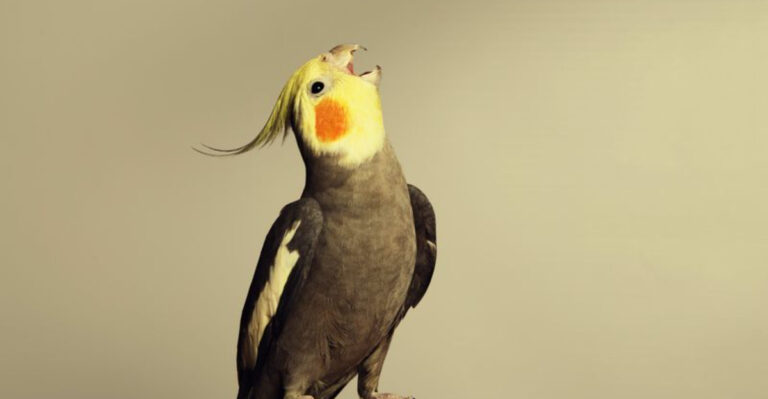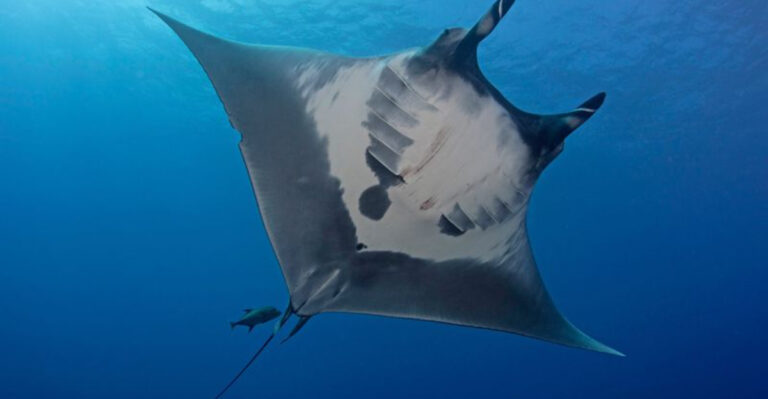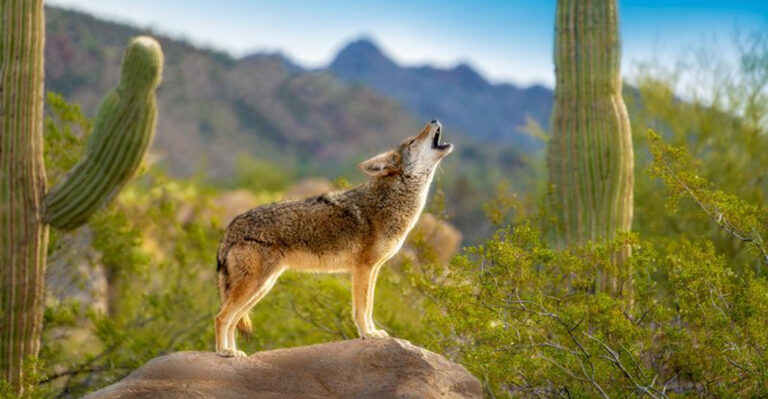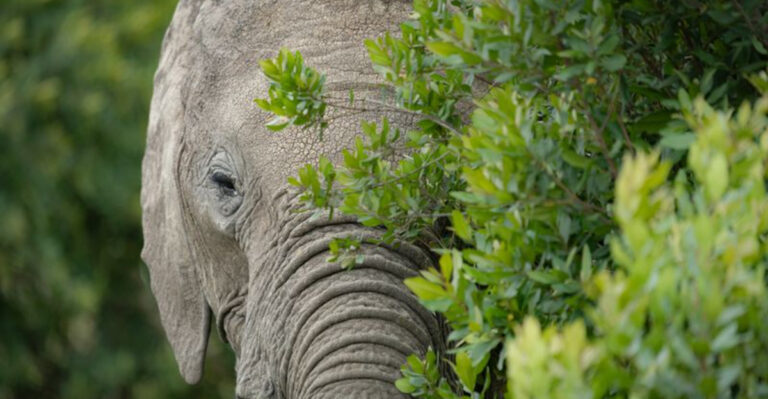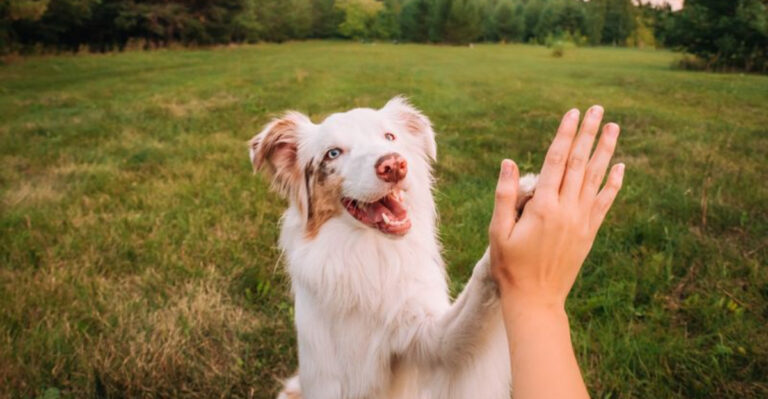26 Most Intelligent Animals On Earth
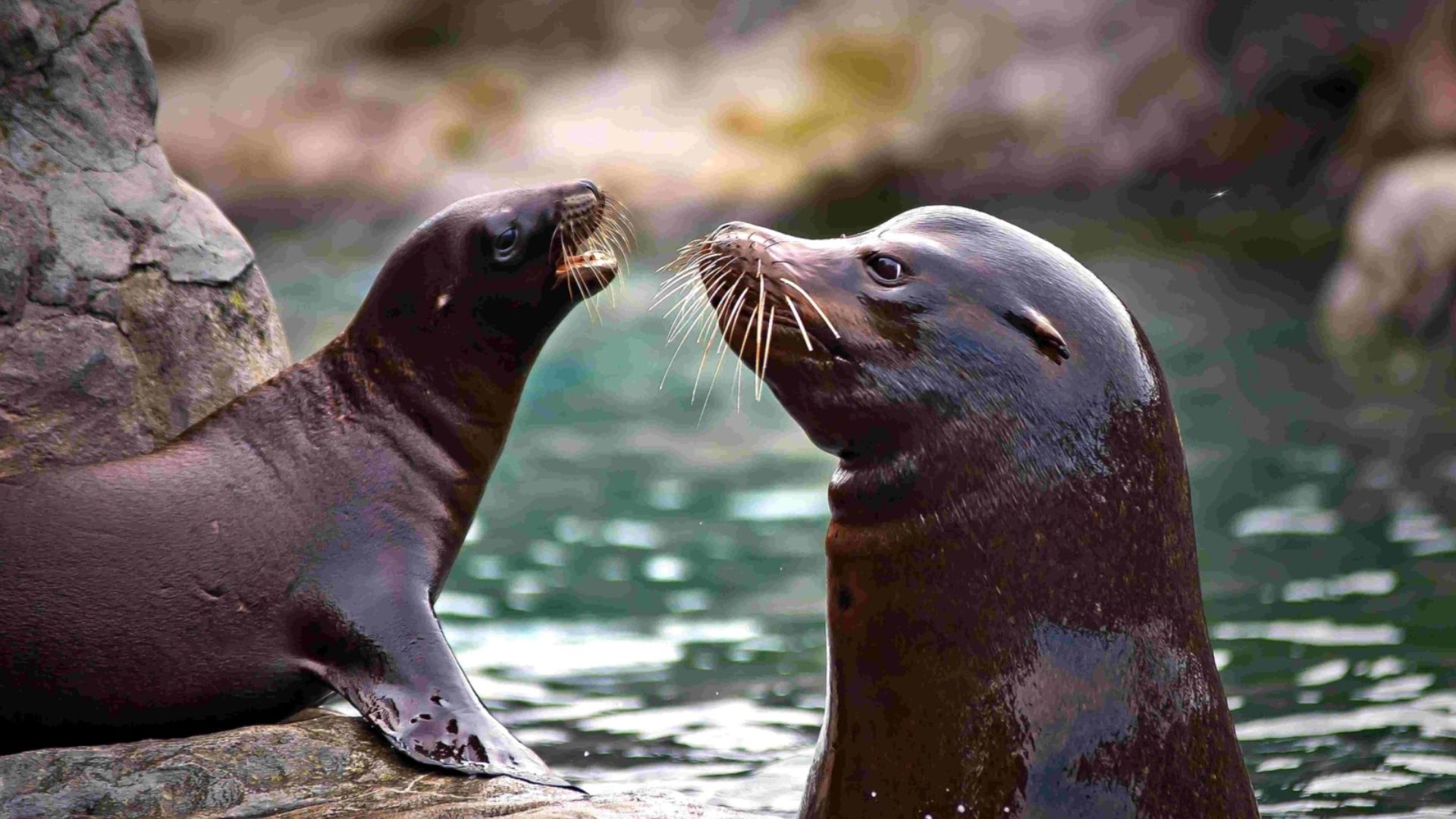
The animal kingdom is full of incredible creatures that communicate, solve problems, and form social bonds in ways that often surprise us.
From the depths of the sea to some of our closest relatives on land, these animals display intelligence that reflects creativity, memory, and even complex emotional understanding.
Let’s look at animals that prove intelligence takes many forms across species.
26. Otter
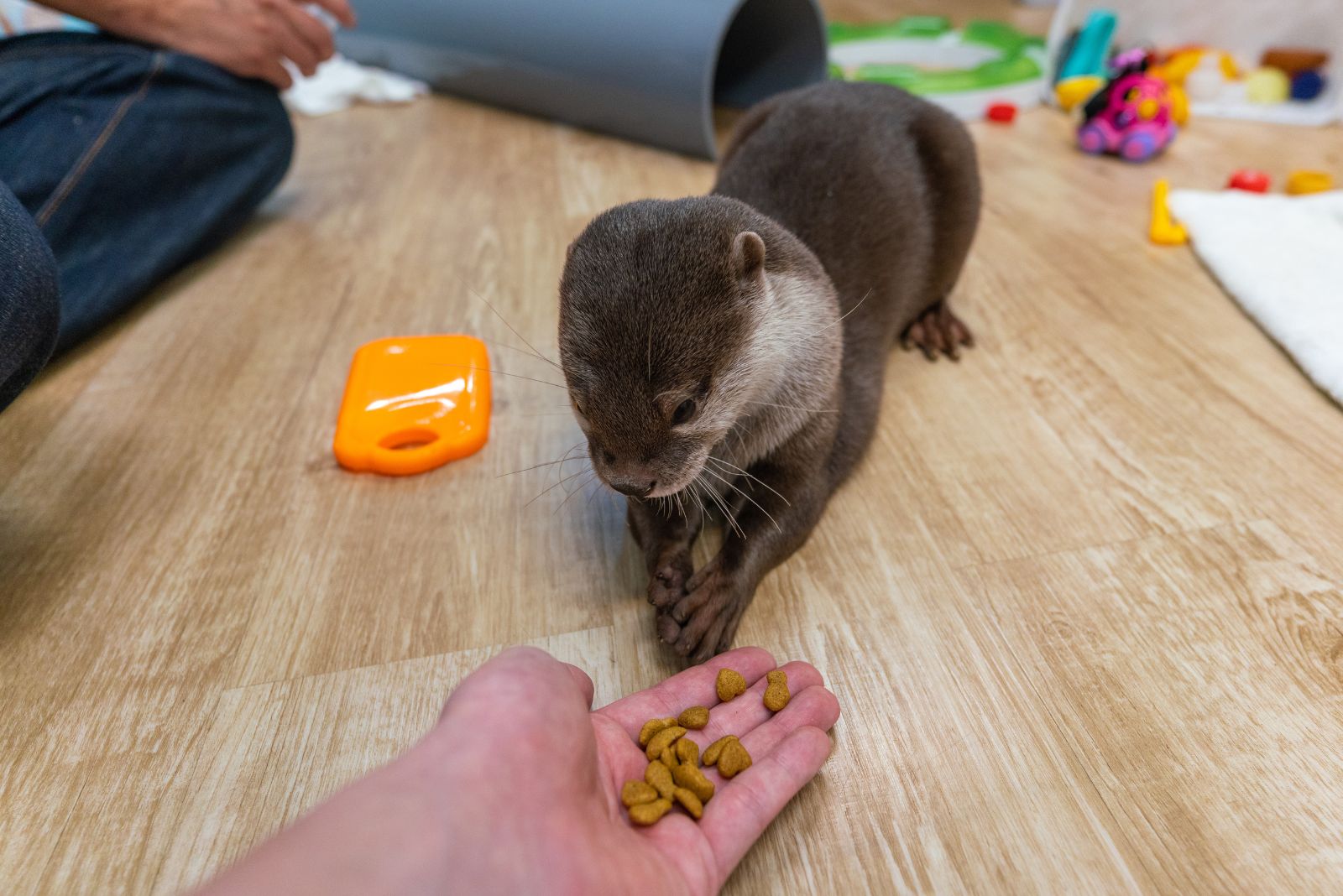
Otters are playful yet highly intelligent animals known for their tool-using abilities. They frequently use rocks to crack open shellfish, making them one of the few non-primates that use tools. Their problem-solving skills are evident in their ability to manipulate objects and adapt to their surroundings, whether in the wild or captivity.
Beyond their cleverness, otters have strong social bonds and communicate using a variety of vocalizations, body language, and even scent markings.
They live in tight-knit family groups, teaching their young essential survival skills like swimming and hunting. These curious and resourceful creatures are proof that intelligence comes in many forms in the animal kingdom.
25. Turtle
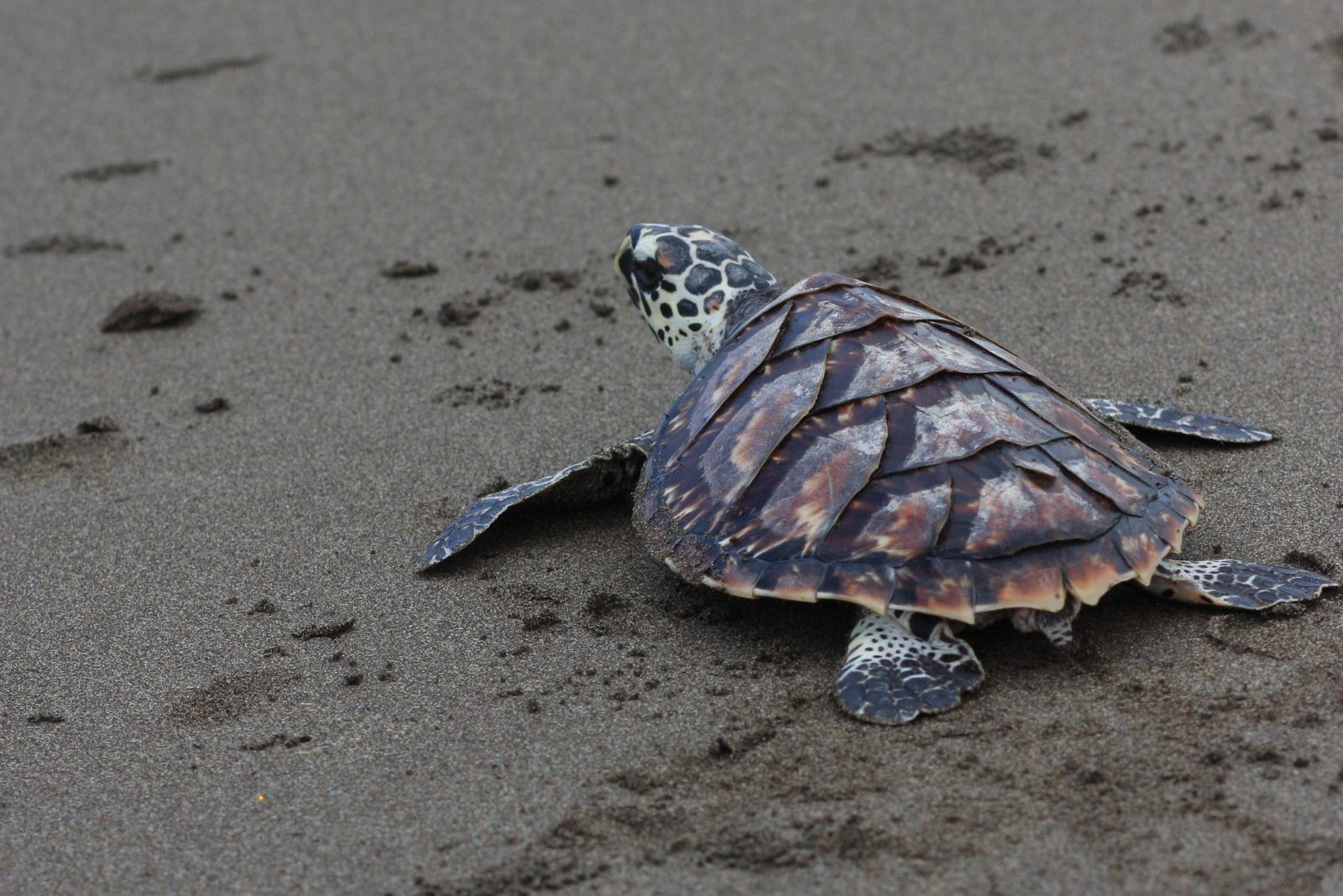
Turtles may seem slow and simple, but they are surprisingly intelligent with excellent memory and navigation skills. Many species, like sea turtles, can migrate thousands of miles and still find their way back to the exact beach where they were born, using Earth’s magnetic fields as a guide.
In captivity, turtles have been observed solving mazes, recognizing their owners, and learning through experience. Some species, like the red-footed tortoise, can even recall past events and adjust their behavior accordingly.
Whether in the ocean or on land, turtles prove that intelligence isn’t always about speed—it’s about adaptability and instinct.
24. Blue Whale
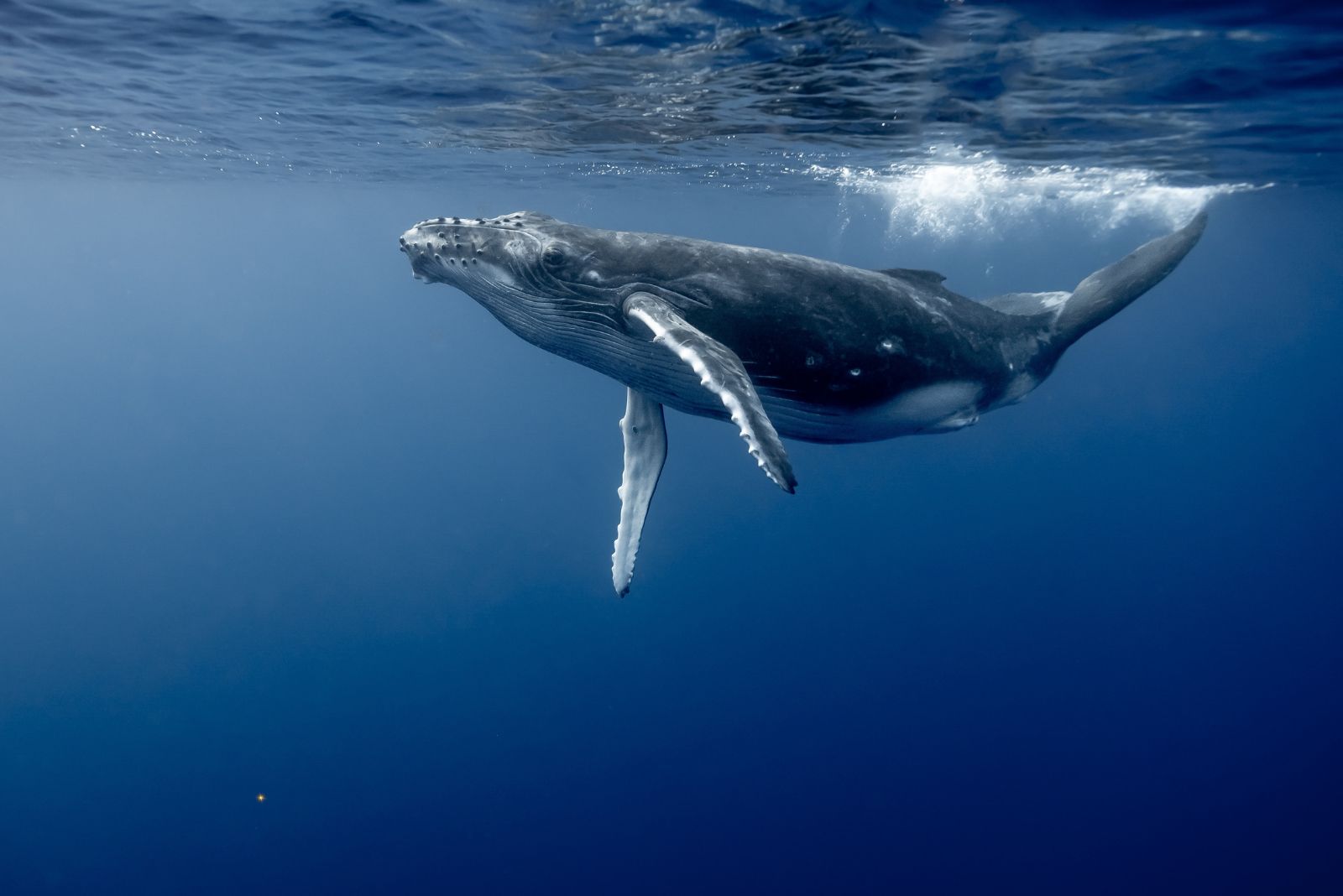
Blue Whales, the largest animals on Earth, are not only massive but also incredibly intelligent. They possess complex vocalizations often described as songs, which they use to communicate across vast distances in the ocean.
Their low-frequency calls can travel for hundreds of miles, demonstrating a sophisticated method of long-range communication.
Beyond vocalization, Blue Whales exhibit emotional intelligence, showing protective behaviors toward their young and sometimes even other species.
Their large brains and social behaviors suggest a deep capacity for connection, making them not only awe-inspiring for their size but also for their mental abilities.
23. Japanese Macaque
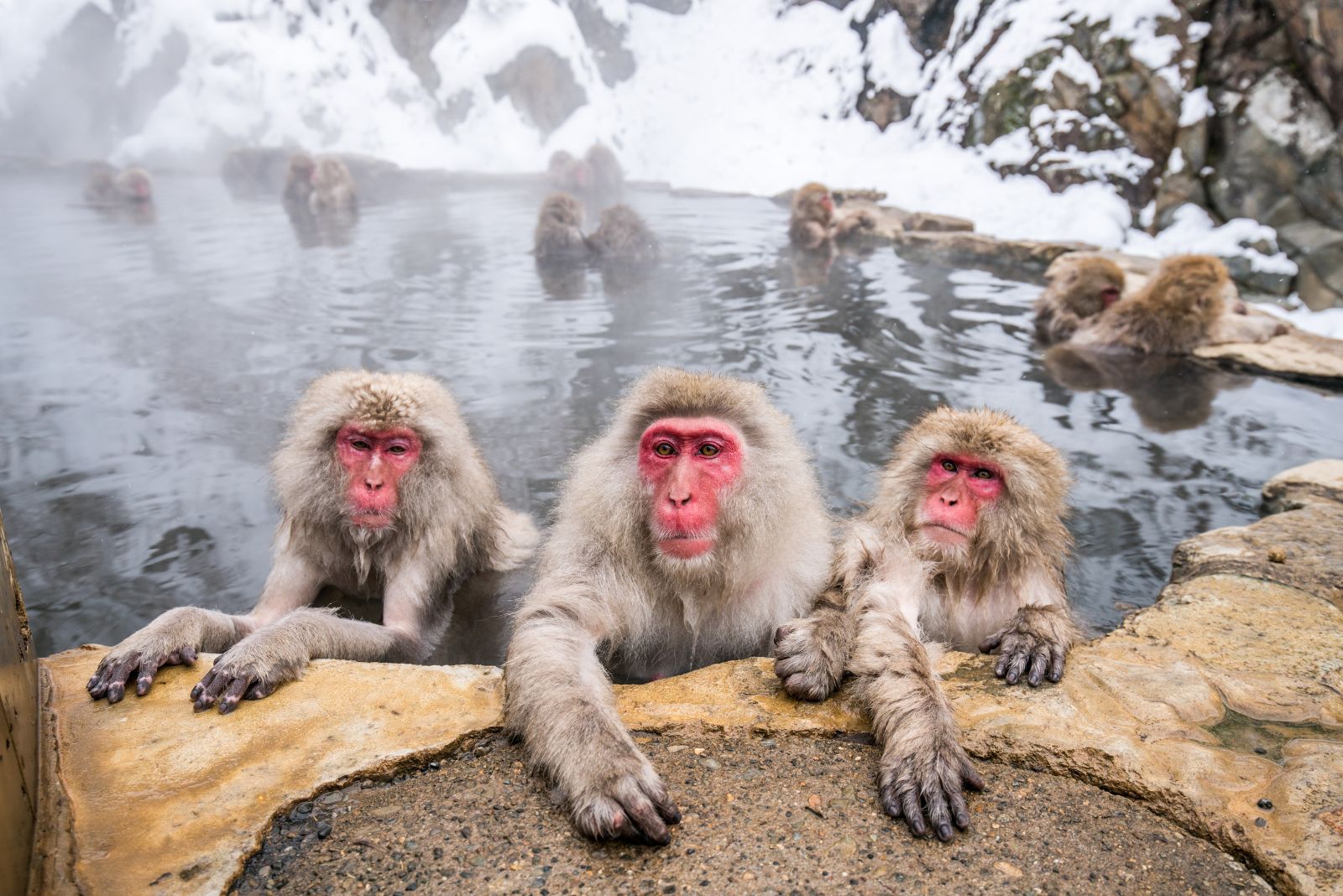
Japanese Macaques, also known as snow monkeys, are highly intelligent primates famous for their problem-solving skills and cultural behaviors.
They have been observed using hot springs to stay warm during winter, a learned behavior passed down through generations. Some even wash their food, showcasing an understanding of hygiene and comfort.
Their intelligence extends to complex social structures where they form tight-knit groups with strong bonds.
Japanese Macaques also demonstrate curiosity and play, using tools to access food, which highlights their ability to adapt and learn from their environment, making them one of the most fascinating primates in the wild.
22. Blue Macaw
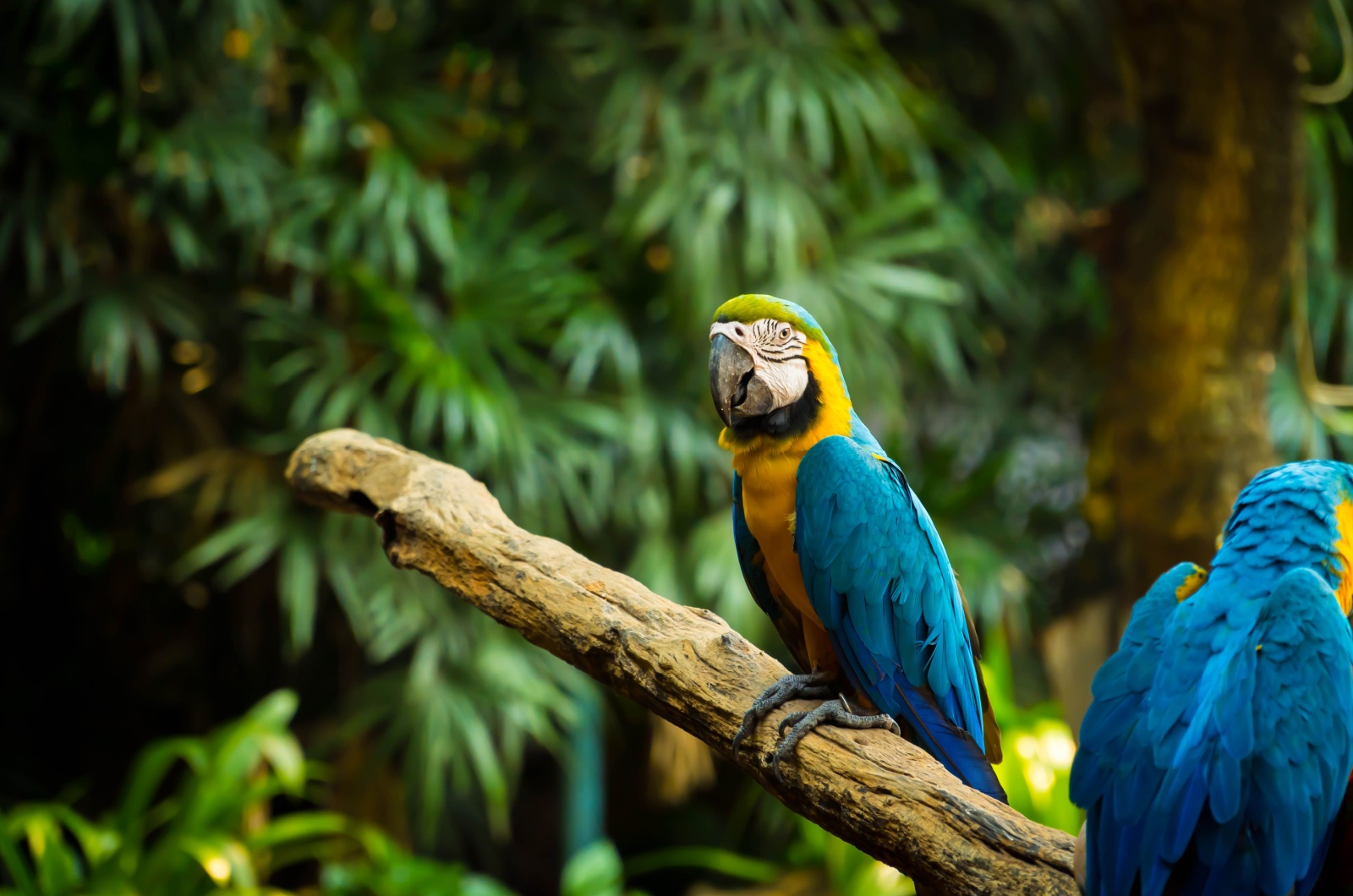
Credit: Shutterstock
Blue Macaws, known for their striking blue feathers and playful personalities, are incredibly intelligent birds. They are exceptional at mimicking sounds, even human speech, thanks to their highly developed vocal cords and brain.
Their intelligence isn’t just in communication, they can solve complex puzzles, use tools, and form strong social bonds with both their flock and humans. This cleverness makes them not only fascinating companions but also a symbol of the incredible cognitive abilities of parrots.
21. Sea Lions
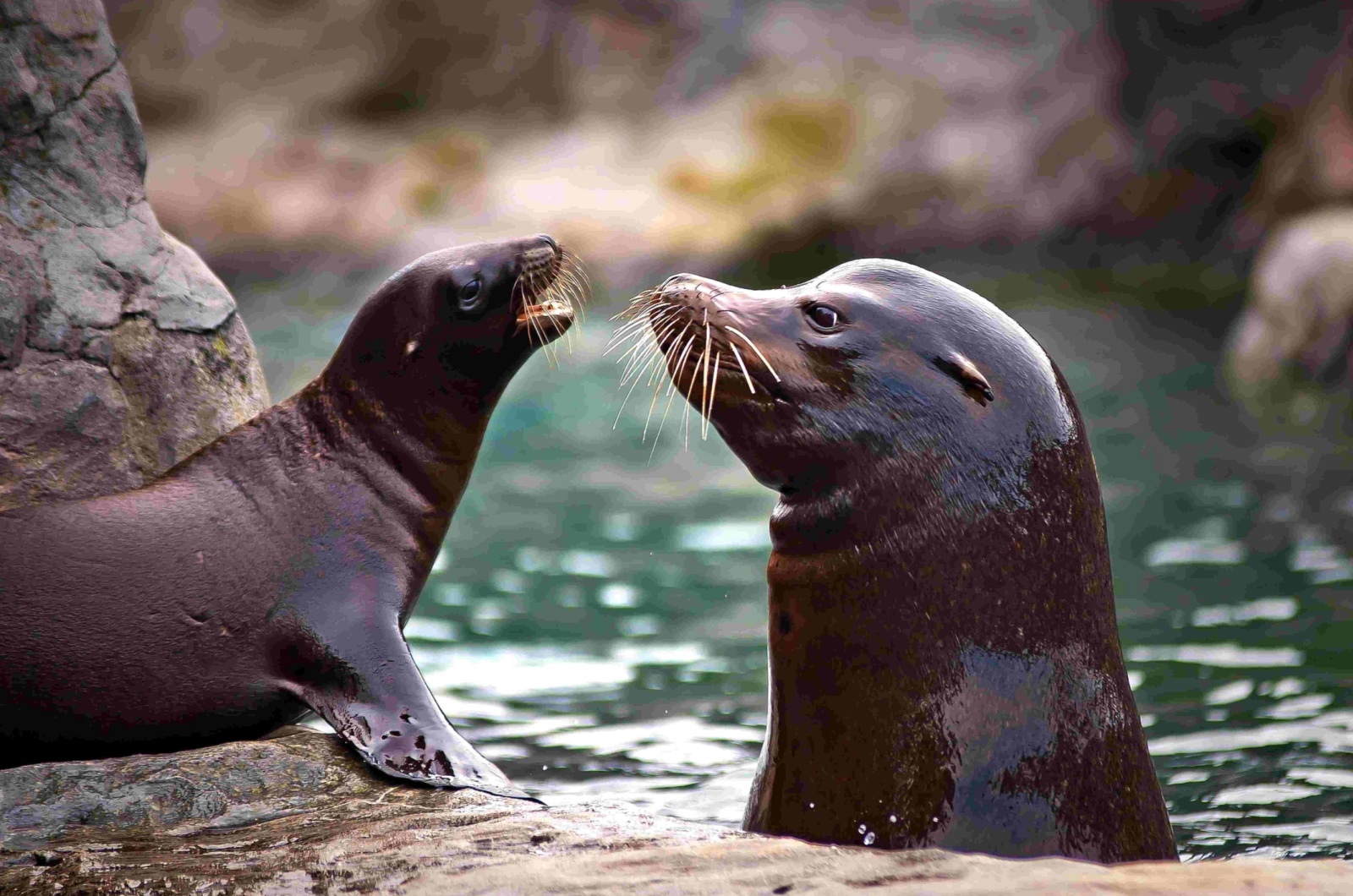
Credit: Shutterstock
They are known for their playful nature and impressive intelligence, often seen performing tricks in aquariums and even in the wild. Sea lions have excellent problem-solving skills, able to figure out tasks and puzzles quickly, which is rare among marine animals.
Their ability to learn through observation and their strong social bonds with humans and other sea lions make them incredibly trainable. This sharp intelligence allows them to navigate complex environments and hunt effectively in the wild.
20. Ravens
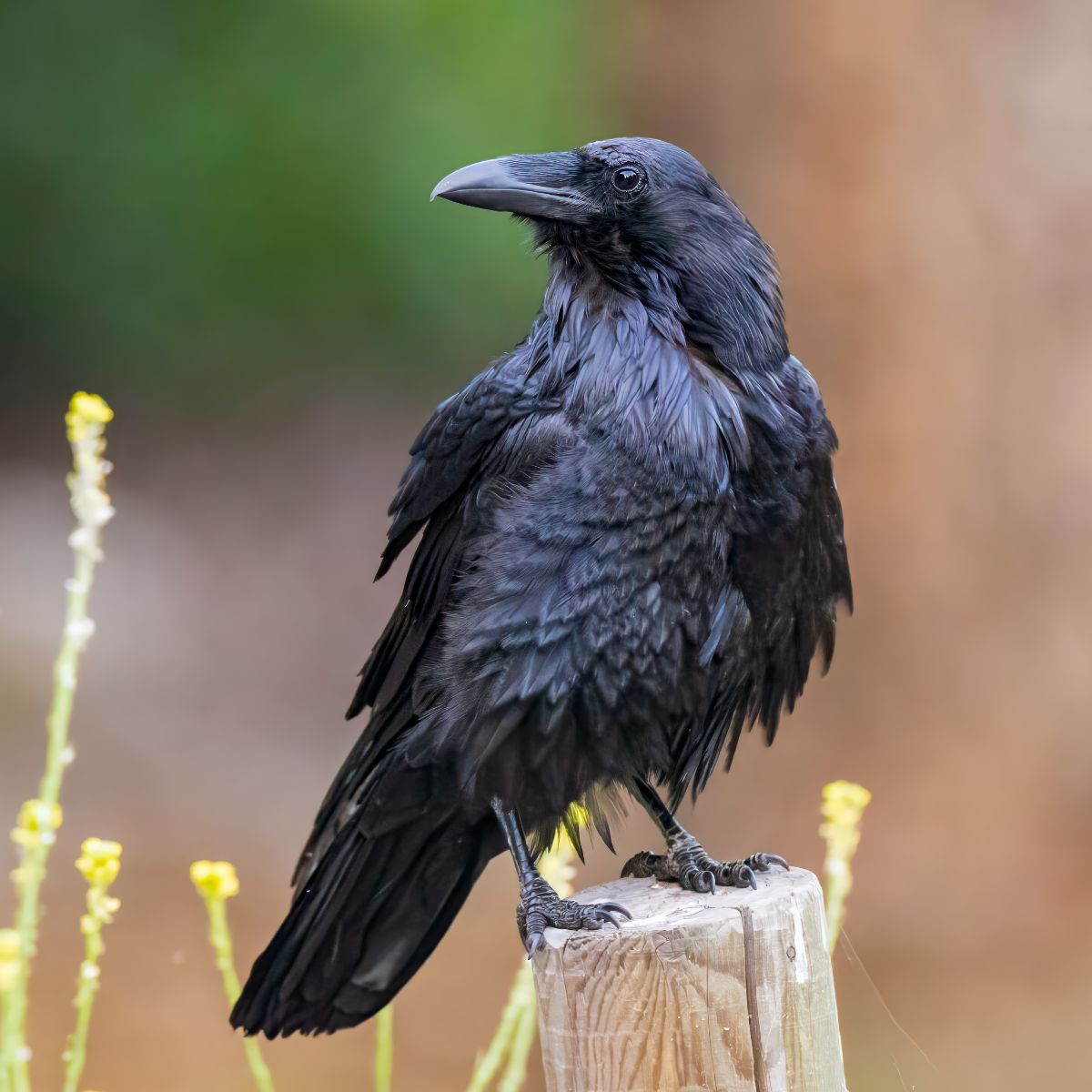
Credit: Shutterstock
Ravens have long been symbols of wisdom and mystery. Scientifically, they’re known for their problem-solving skills and ability to use tools. Like crows, they excel at solving puzzles and planning hunts.
Ravens also have strong social skills; they remember the faces of both people and animals for years. They even play by sliding down snowy hills, which researchers believe reflects advanced thinking.
19. Pigeons
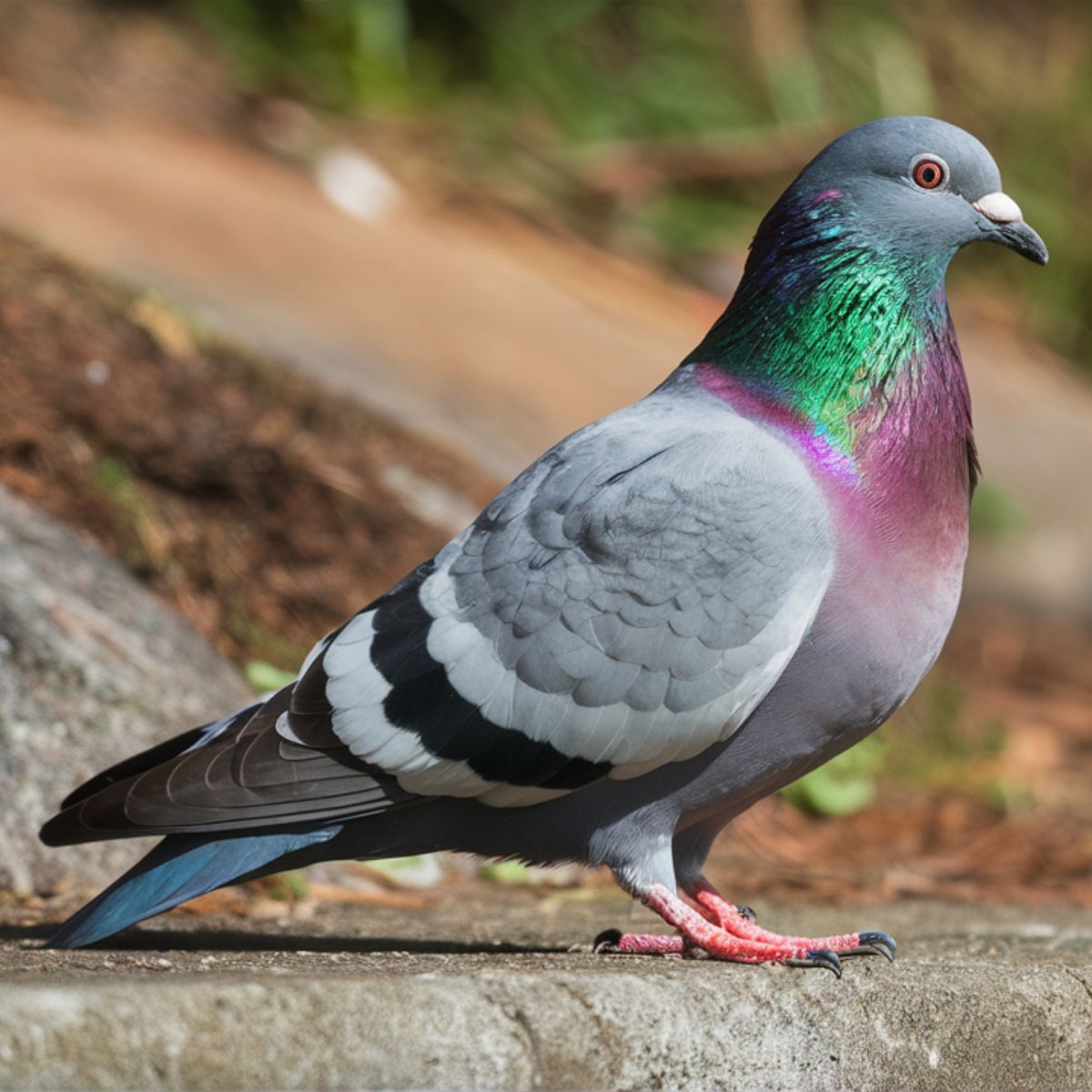
Credit: Shutterstock
Pigeons are known for their incredible navigation skills and memory. They can find their way home from hundreds of miles away by using landmarks, the sun, and even Earth’s magnetic field.
Pigeons can also recognize human faces and distinguish between different words or pictures, demonstrating strong pattern recognition and memory.
18. Crows
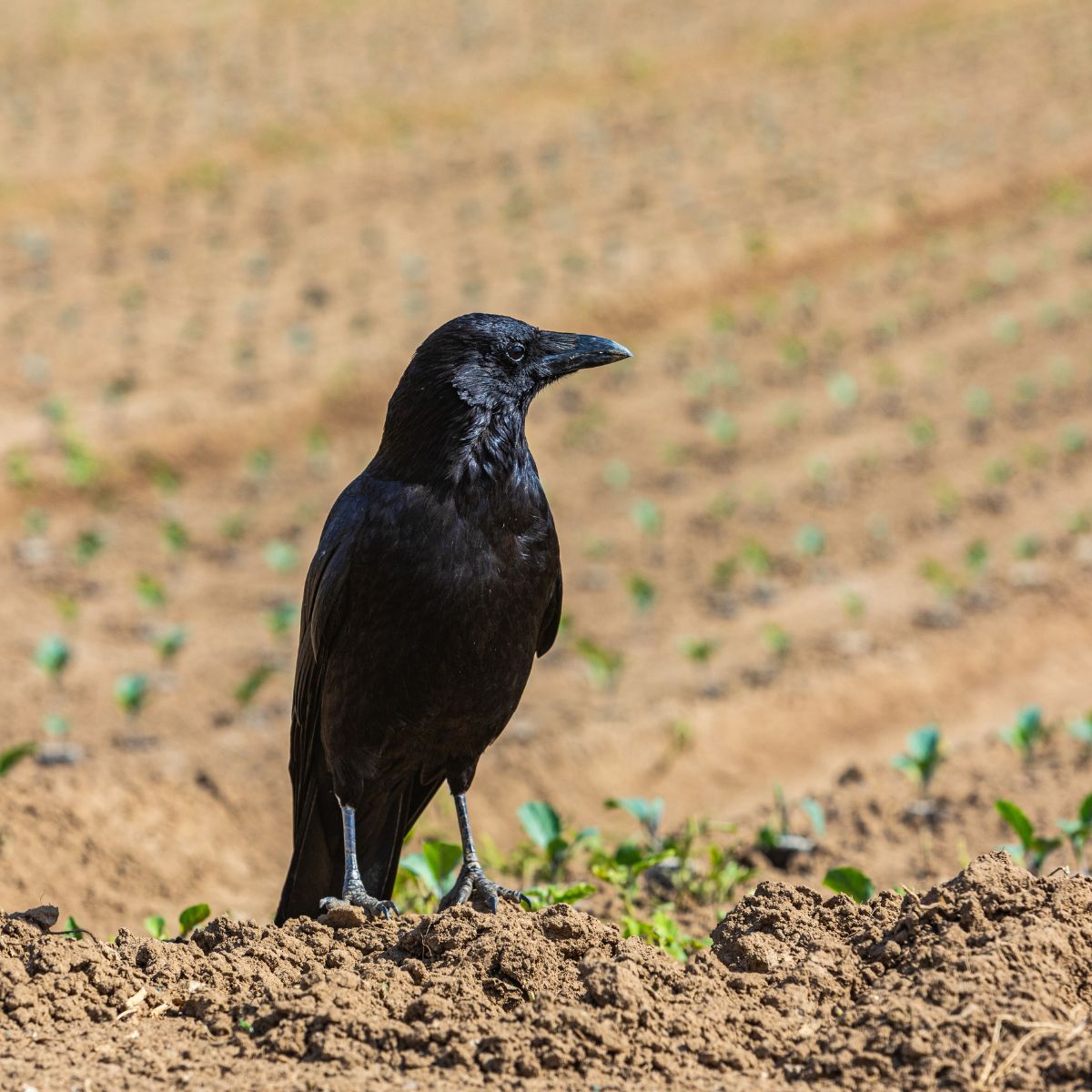
Credit: Shutterstock
Crows are skilled tool users, crafting sticks to reach food or bending wires for access. They recognize human faces, communicate with one another, and even hold “funerals” when a fellow crow dies.
Their memory is exceptional; some crows remember individual people for years, highlighting their intelligence and social complexity.
17. Elephants
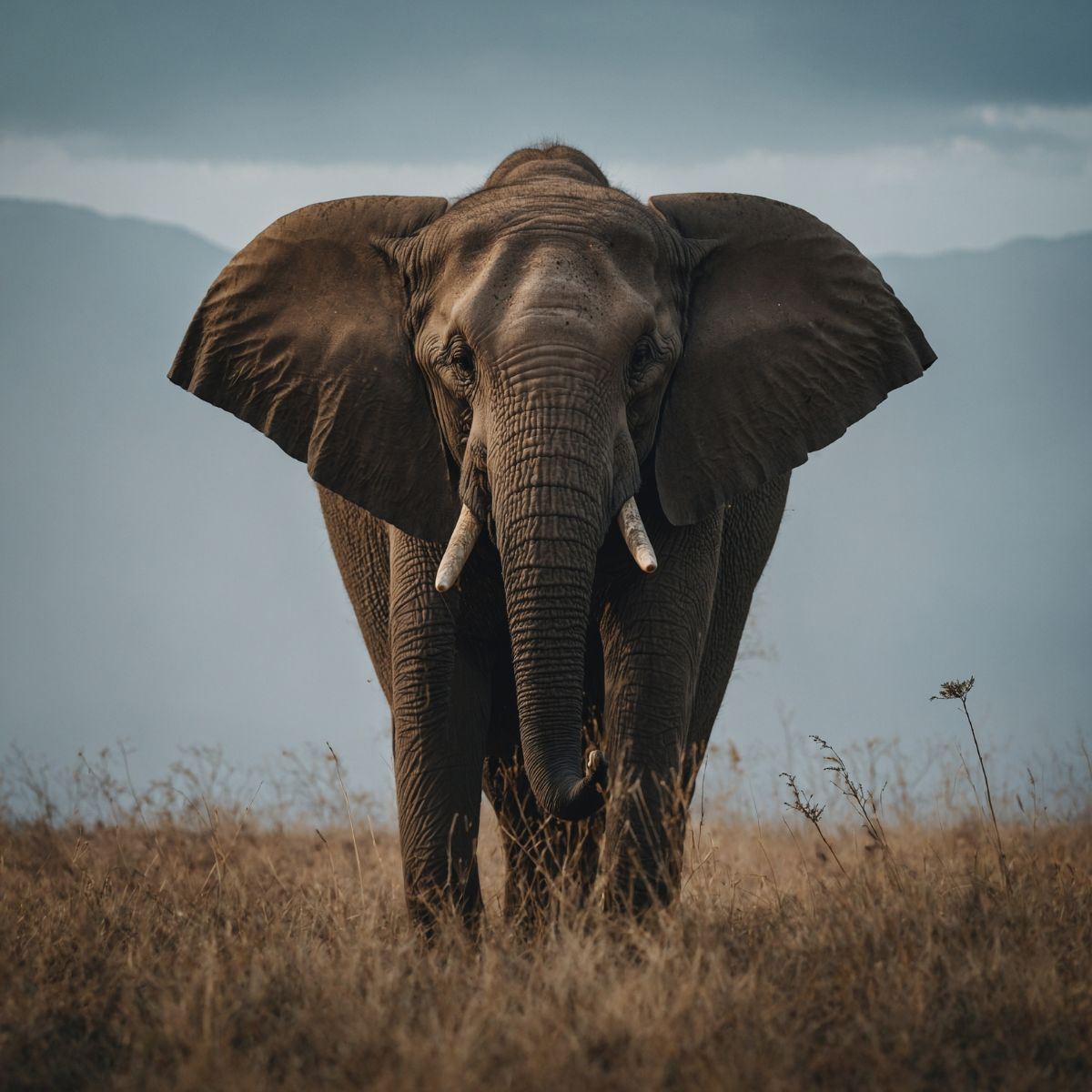
Credit: Shutterstock
Elephants possess strong emotional intelligence and self-awareness. They recognize themselves in mirrors and show empathy. Known for their excellent memory, they can recall water sources and recognize family members after long separations.
Elephants also perform mourning rituals and form close bonds within herds, showcasing their impressive social and mental abilities.
16. Horses
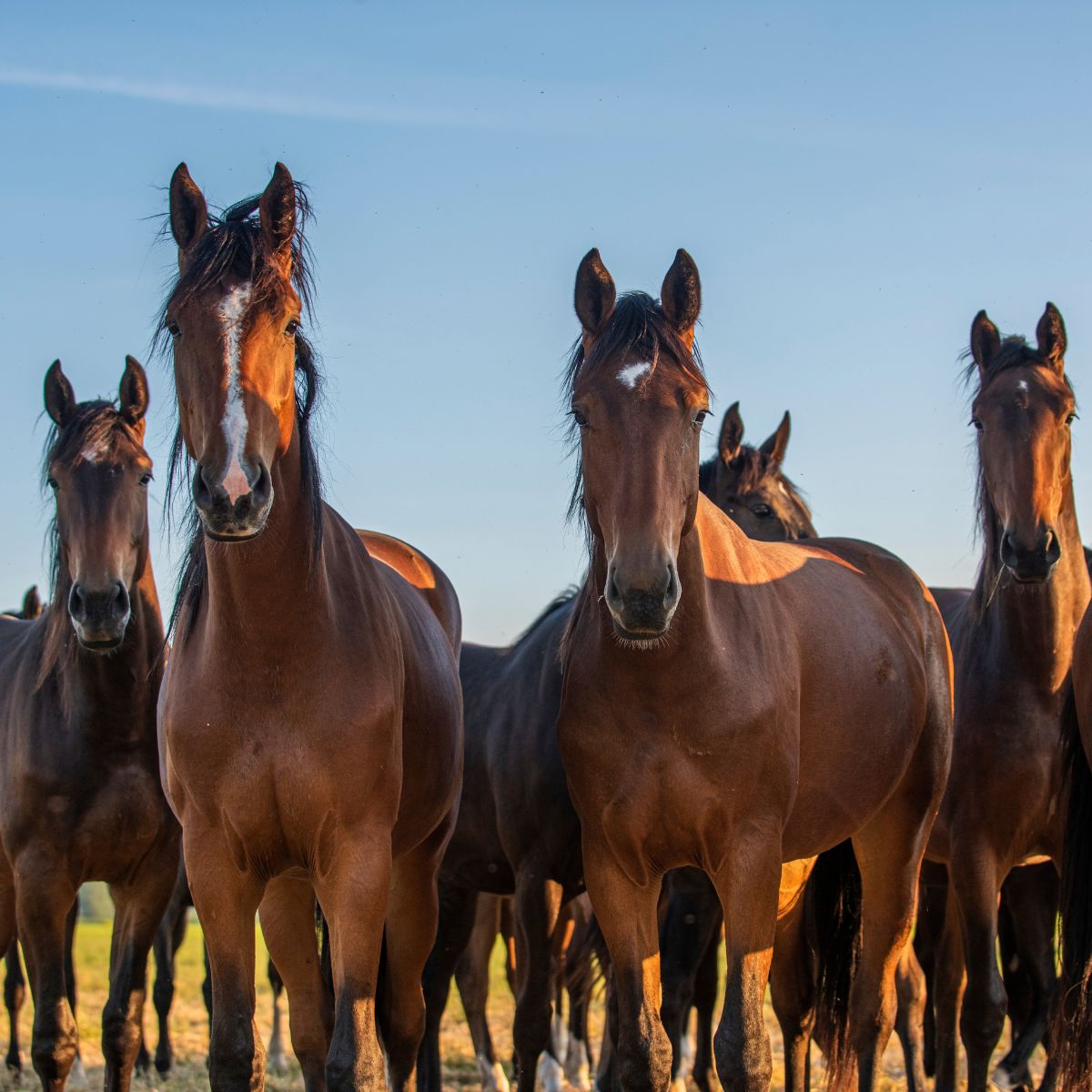
Credit: Shutterstock
Horses are empathetic animals that understand human emotions well. They can sense fear or calmness in their caretakers and respond accordingly.
Horses also have strong memories, allowing them to remember people, places, and experiences. This ability helps them build trust with humans and navigate complex environments.
15. Pigs
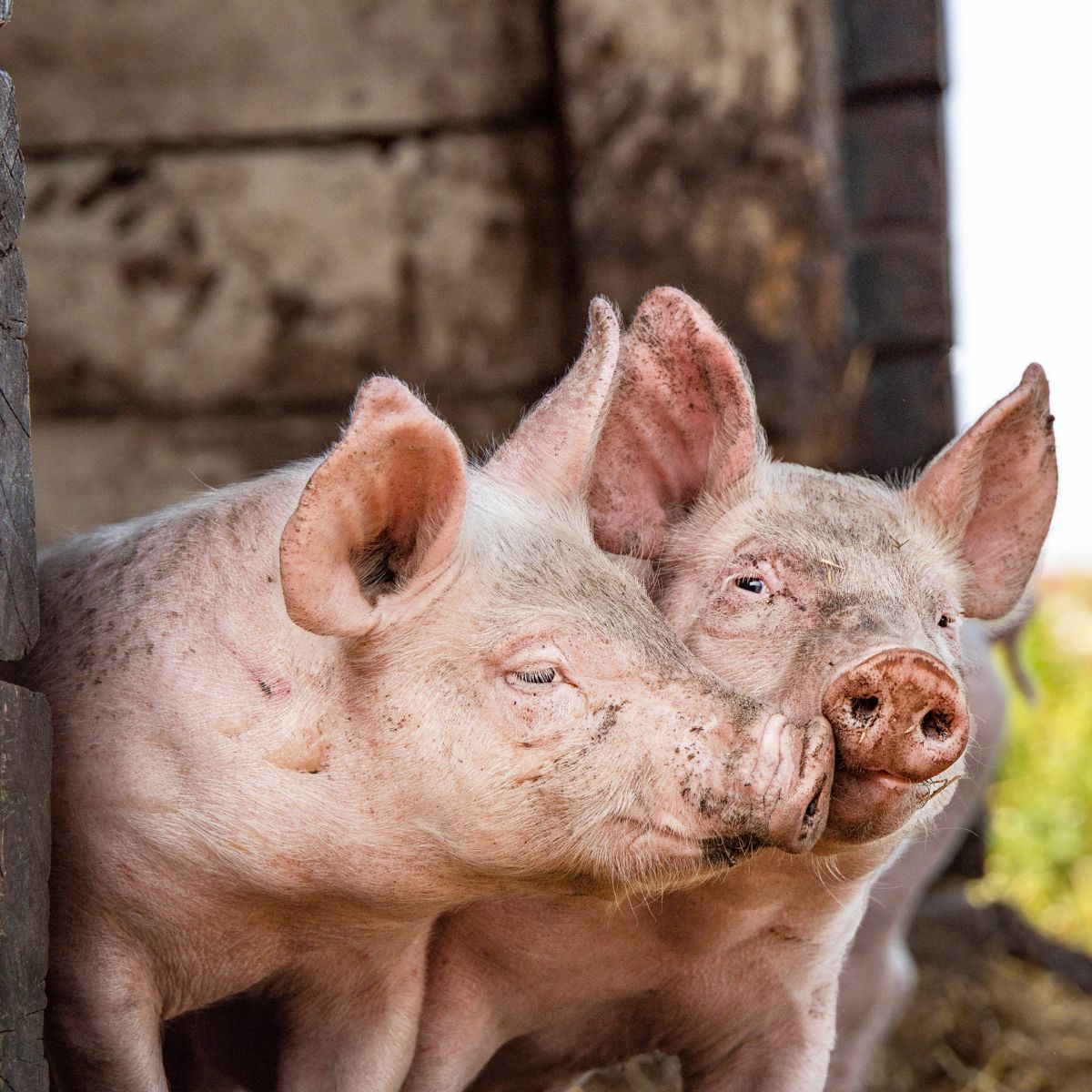
Credit: Shutterstock
Pigs are one of the smartest domestic animals. They can solve problems, learn tricks, and even recognize themselves in mirrors, demonstrating self-awareness.
Studies show that pigs can play simple video games, highlighting their cognitive skills and quick learning abilities.
14. Rats
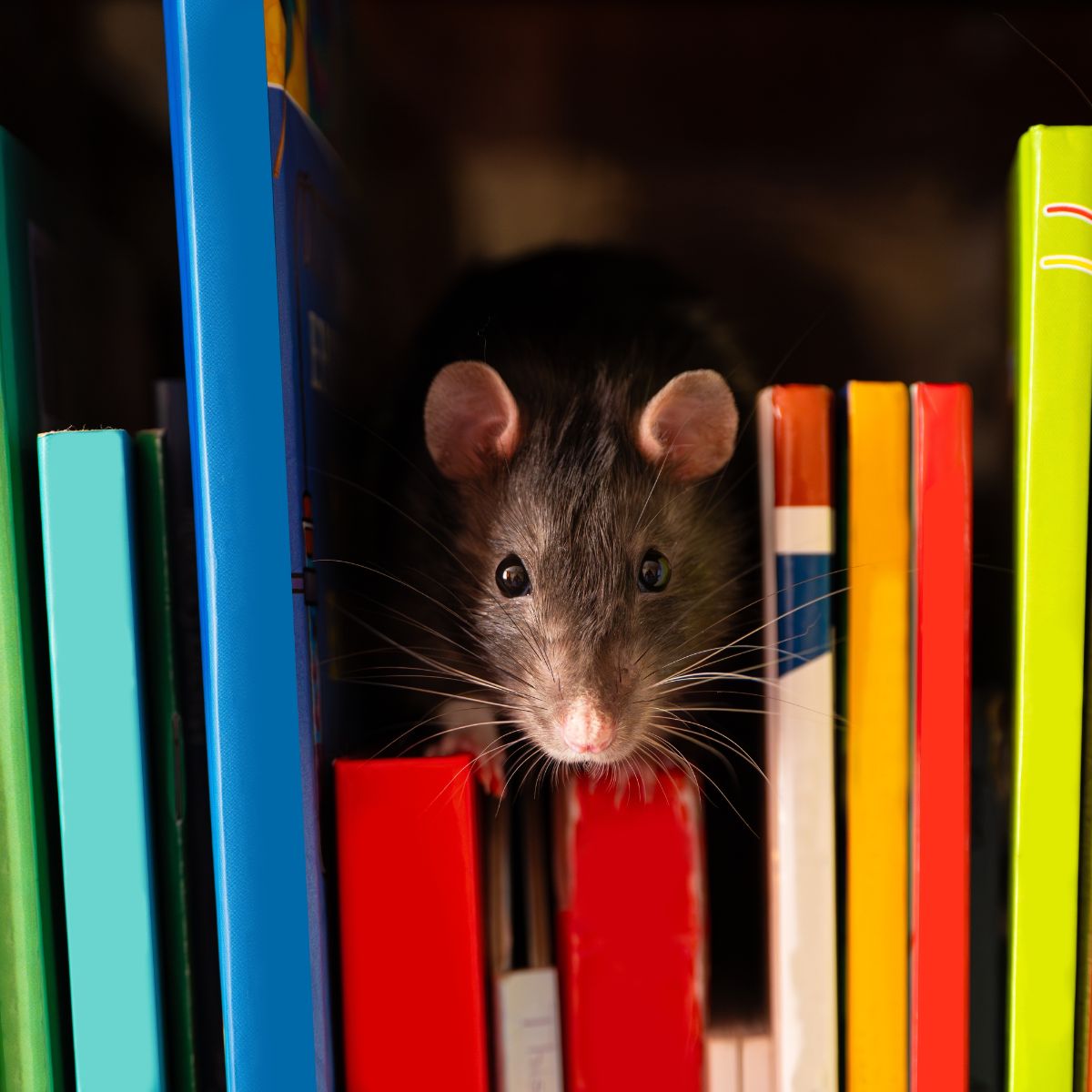
Credit: Shutterstock
Rats are highly adaptable and intelligent in both natural and lab settings. They’re often used in studies on learning and memory, as they can navigate complex mazes and remember solutions for weeks.
Rats also show empathy, sometimes helping other rats in distress, which suggests a level of emotional intelligence.
13. Squirrels
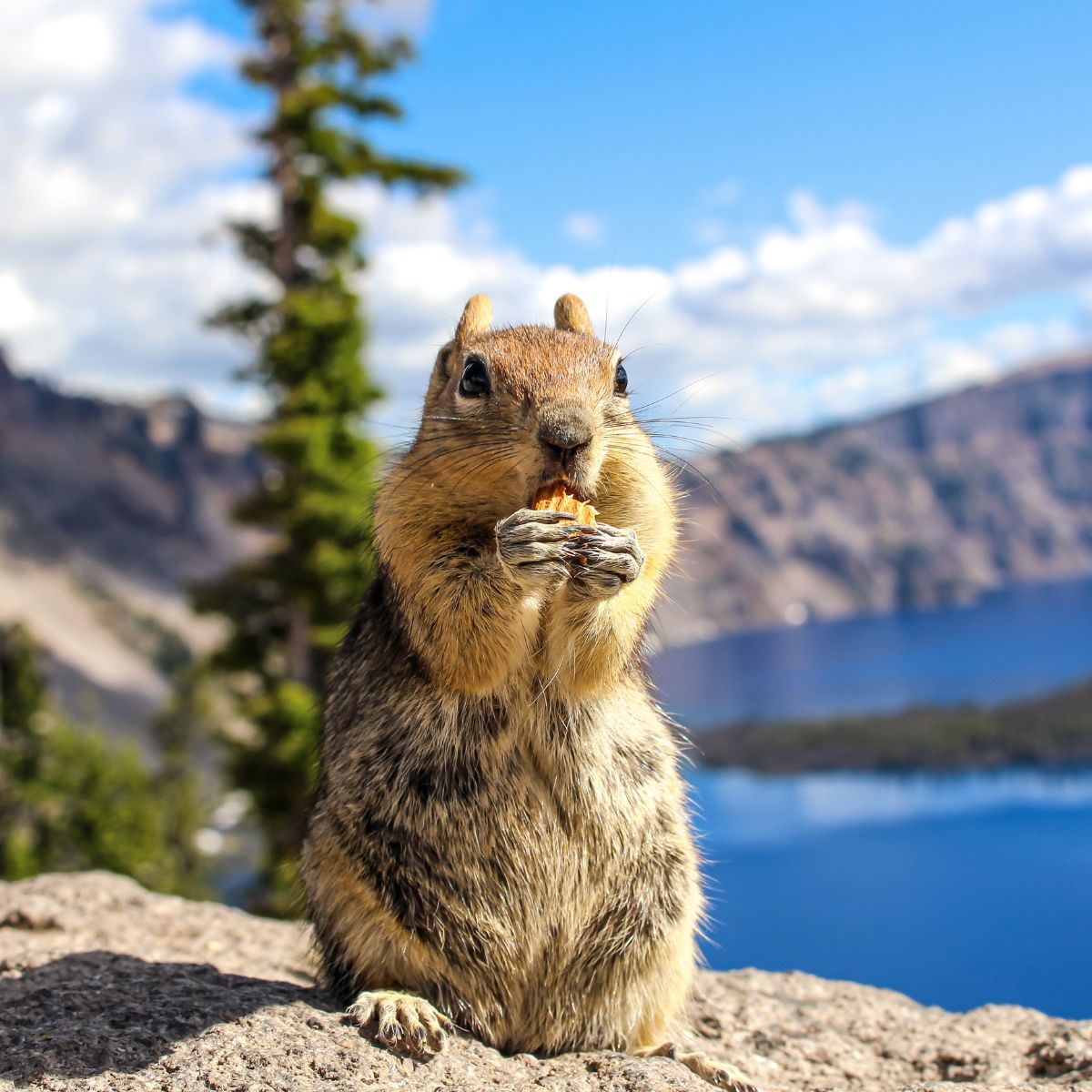
Credit: Shutterstock
Squirrels have exceptional spatial memory, especially when it comes to hiding food. They remember hundreds of hiding spots and even make fake ‘stashes’ to mislead potential thieves.
Their memory, combined with their adaptability to urban environments, demonstrates advanced thinking and survival skills.
12. Dogs

Credit: Shutterstock
Dogs evolved alongside humans, forever forming a unique bond based on understanding and communication. They’re socially intelligent, able to read human emotions and respond with empathy.
Dogs learn commands easily, and certain breeds, like the Border Collie, excel at specialized tasks like search and rescue, where problem-solving and memory are essential.
11. Wolves
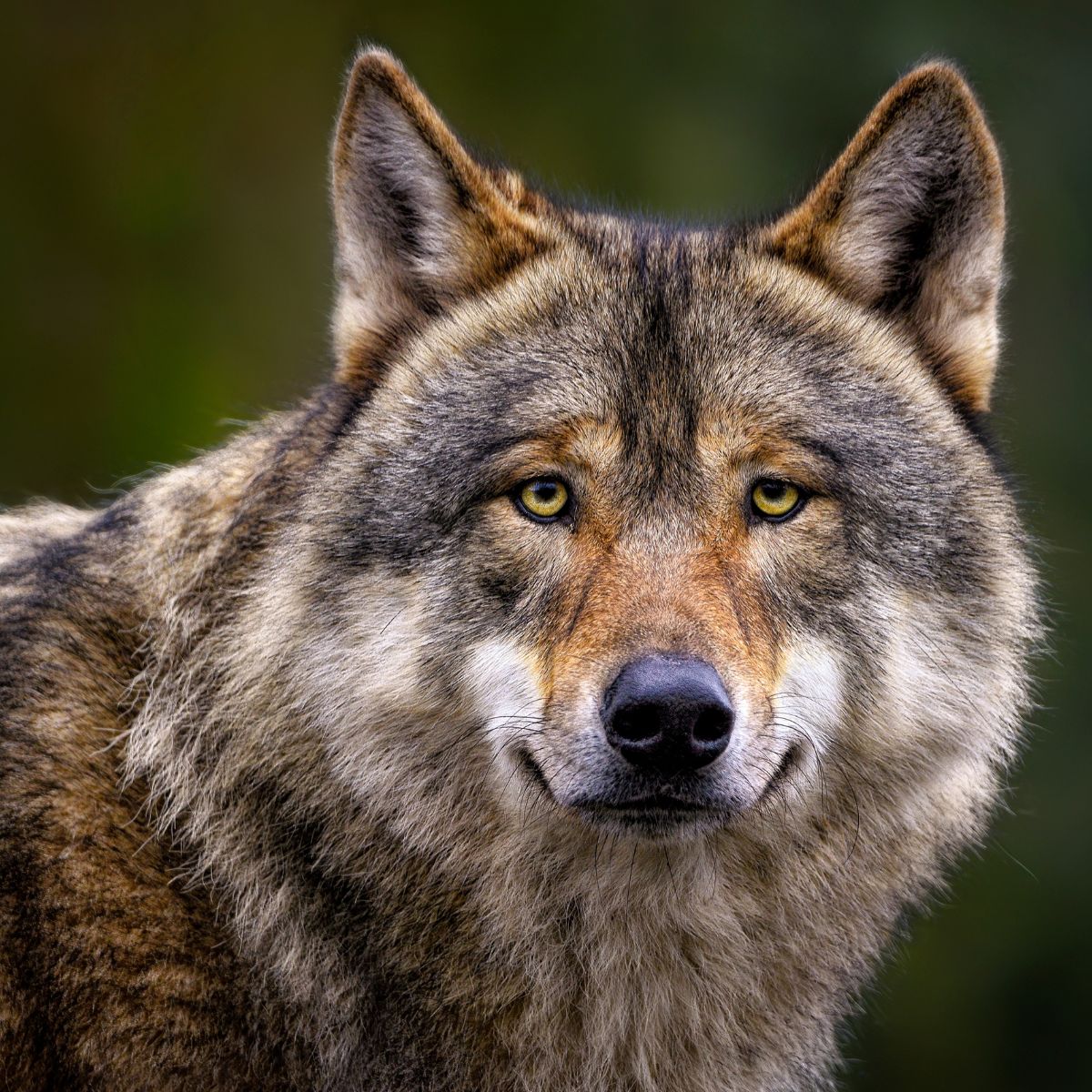
Credit: Shutterstock
Wolves are socially intelligent and excel at working in packs with clearly defined roles. They cooperate during hunts, using tactics to corner prey. Wolves communicate through howls, body language, and scent markings, which helps maintain order within the pack.
They are loyal to their family groups and can adapt to diverse environments, showcasing both their intelligence and social skills.
10. Cats

Credit: Shutterstock
Cats are independent and curious, with strong adaptability and memory. Though they may seem distant, they understand basic commands and can solve problems when it benefits them.
Cats recognize their names and their owners’ voices, demonstrating both a strong memory and selective attention.
9. Raccoons
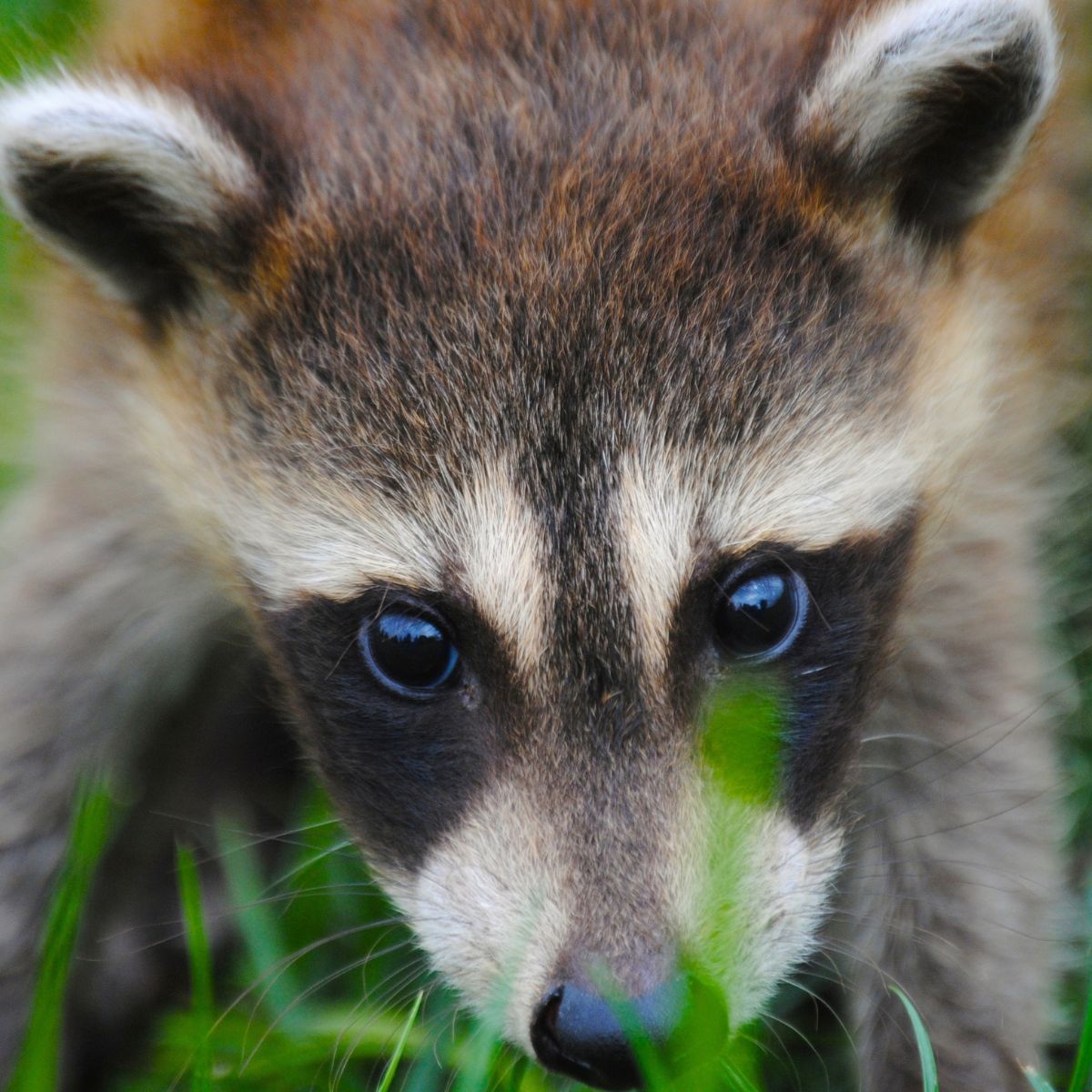
Credit: Shutterstock
Known for their curiosity and dexterity, raccoons can unlock latches and solve puzzles to access food. They remember solutions to complex tasks even months later.
Raccoons are also highly adaptable in urban environments, learning to scavenge and survive in new settings, showcasing their cleverness.
8. Koalas
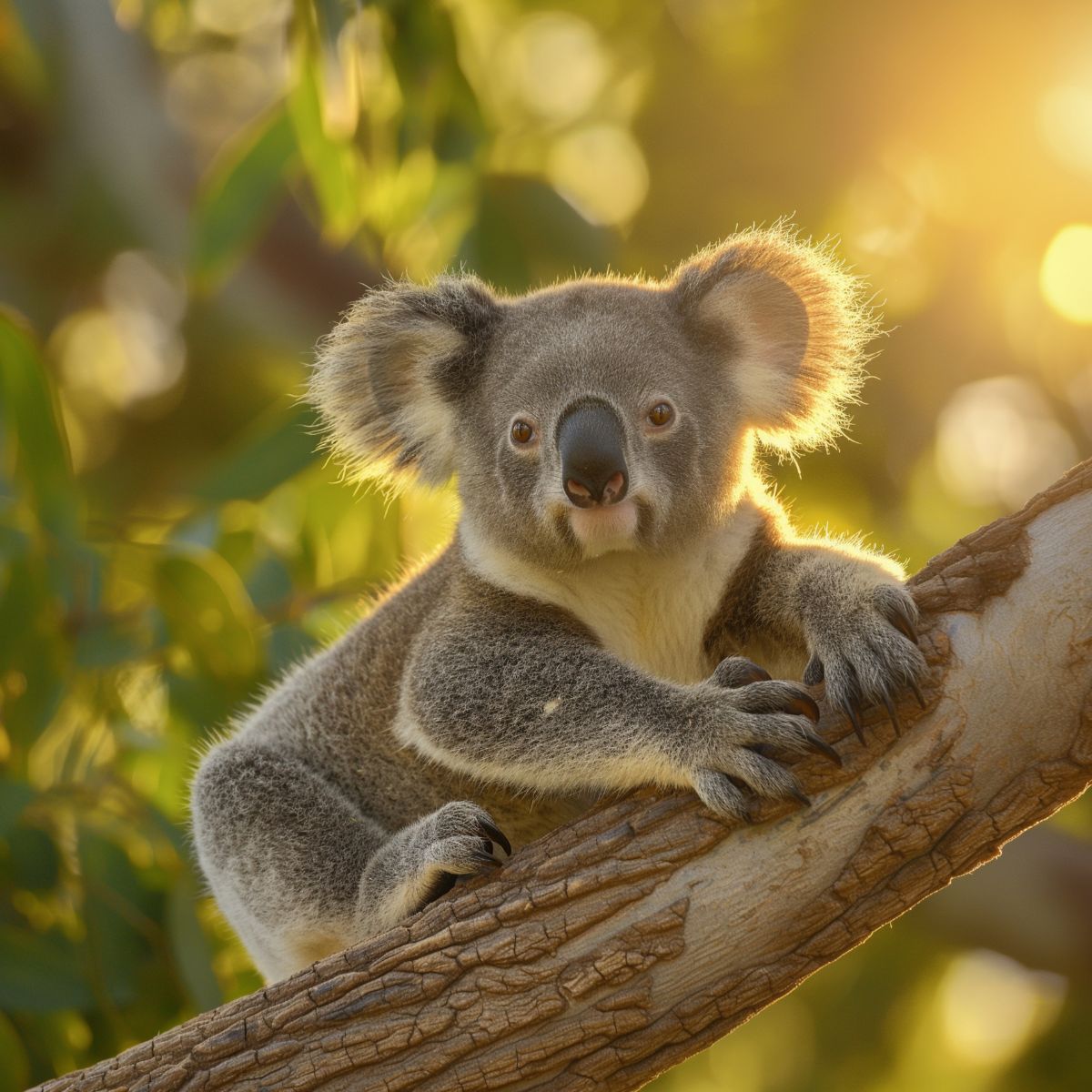
Credit: Shutterstock
Though they may seem simple, koalas have unique intelligence and are fully adapted to a solitary life in trees. Their specialized brains aid in digesting eucalyptus leaves, which they select and handle with care.
Koalas recognize specific trees and have a strong memory of their territory. They use distinct vocalizations, especially during mating season, and are skilled climbers with strong, agile limbs.
7. Ants
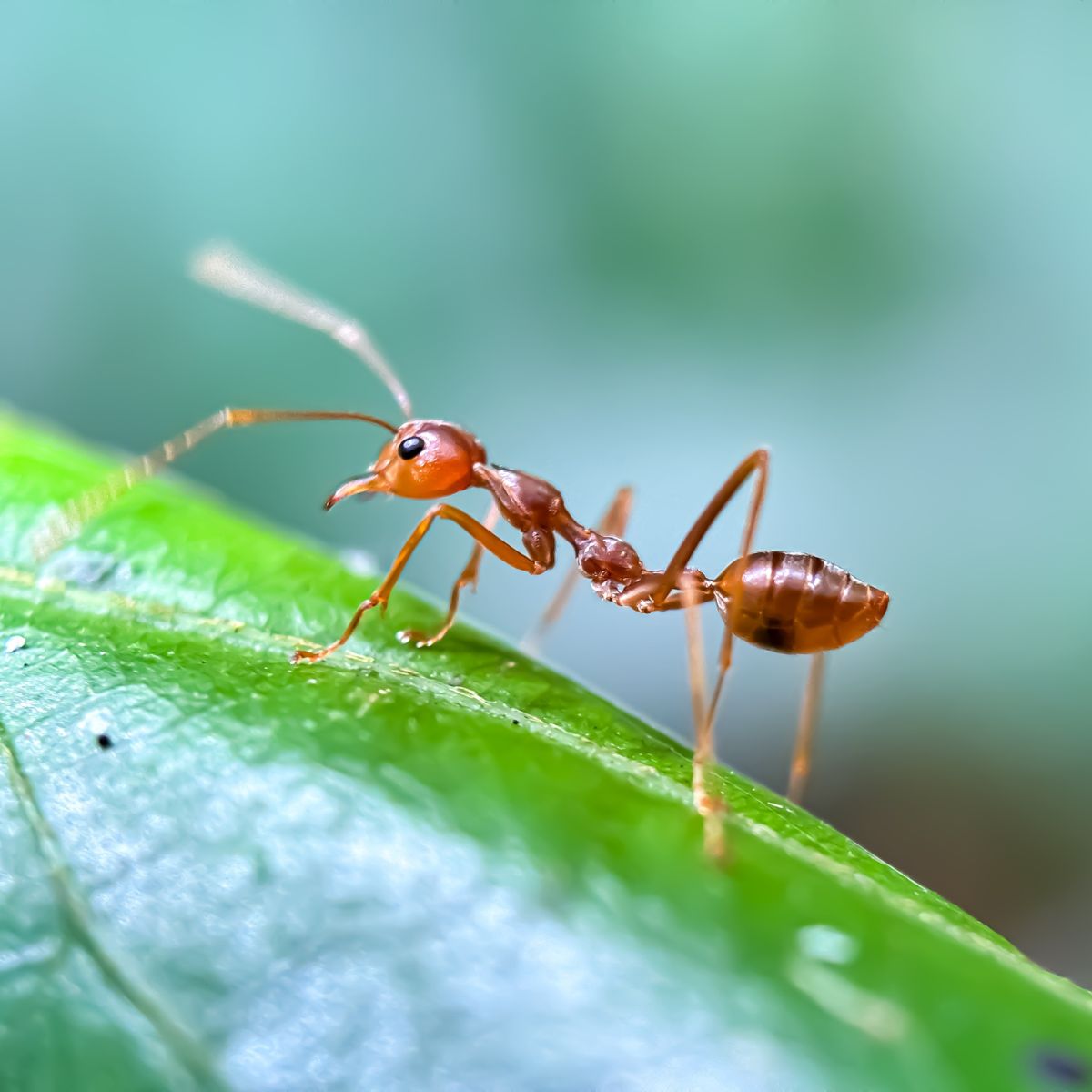
Credit: Shutterstock
Ants may be tiny, but as a group, they’re remarkably organized and intelligent. They live in colonies, divide tasks, communicate through scent trails, and solve problems like locating food and defending their territory.
Some species even “farm” fungi for food, cultivating complex underground farms. Their teamwork demonstrates how intelligence can function on a collective level, not just in individuals.
6. Bees
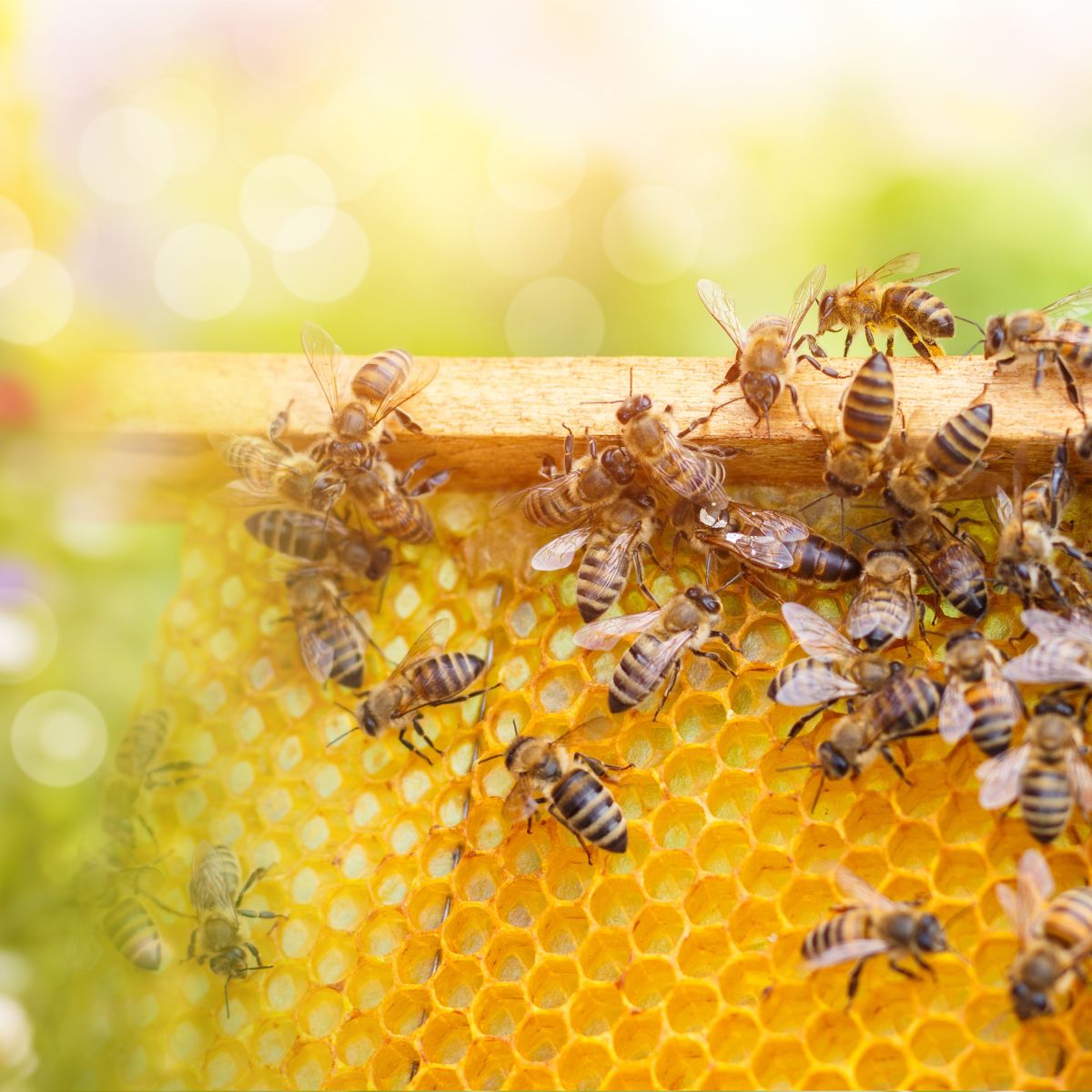
Credit: Shutterstock
Bees have one of the most complex social systems among insects. They perform a “waggle dance” to show other bees where the food is.
This form of communication, along with their memory and problem-solving skills for finding efficient routes, shows that bees are highly intelligent and thrive through teamwork.
5. Octopuses
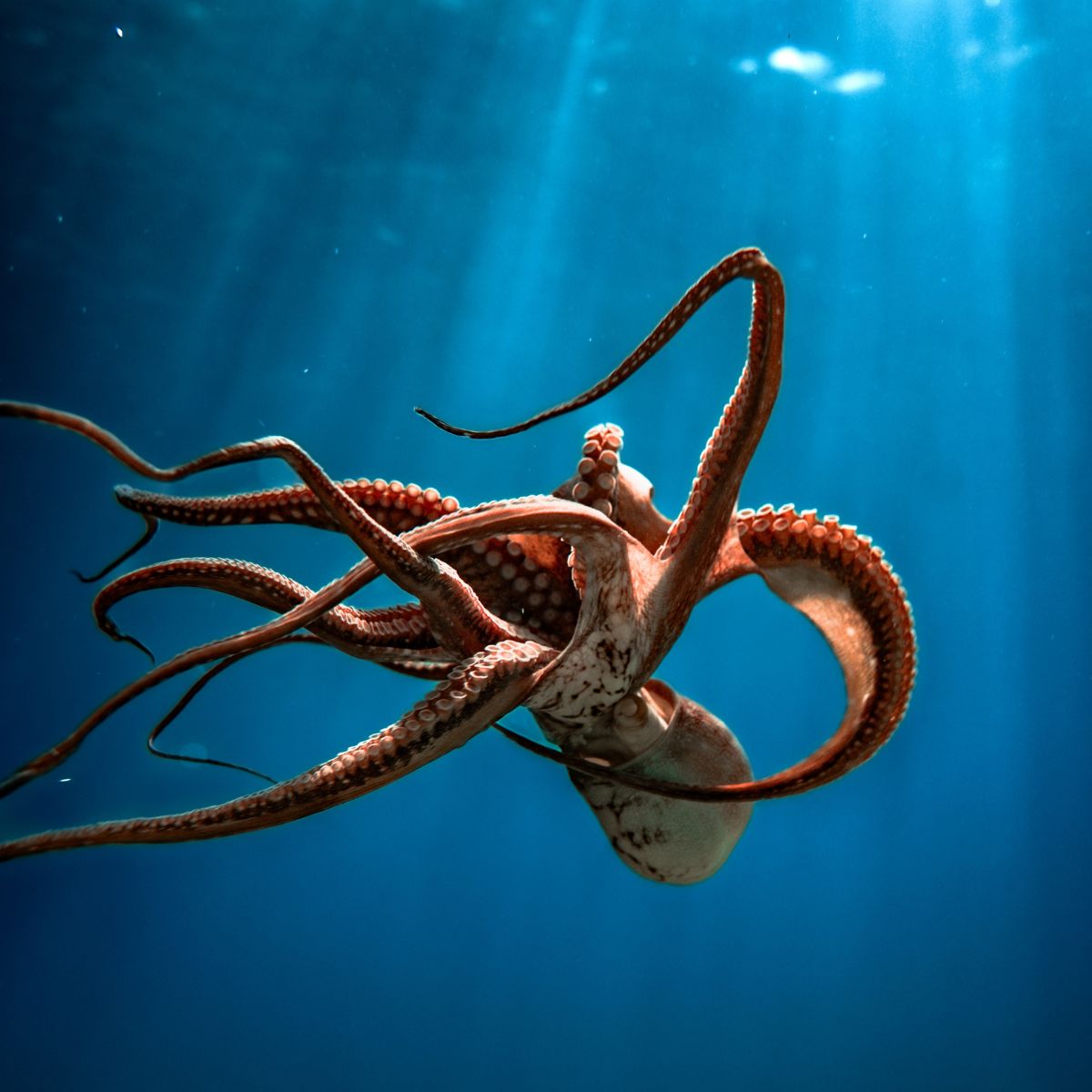
Credit: Shutterstock
Octopuses are well known for their problem-solving skills and curiosity. They’ve been observed escaping from tanks, unscrewing jars, and using shells as tools.
With a nervous system spread throughout their arms, octopuses display a unique form of intelligence for a sea creature, making them exceptional learners.
4. Orcas
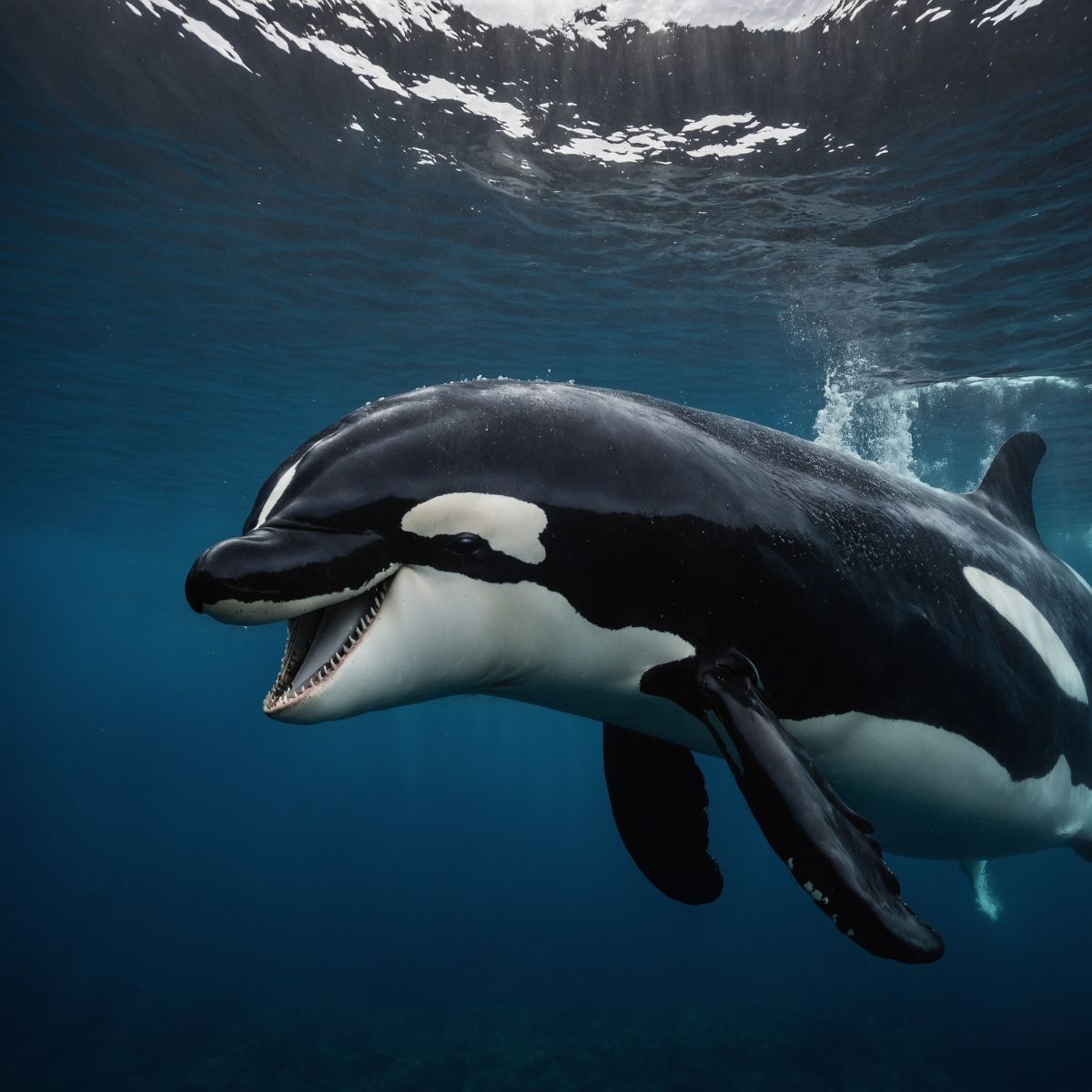
Credit: Shutterstock
Orcas are intelligent hunters with complex social groups called pods. They use cooperative hunting tactics and have unique calls that vary by pod, similar to dialects.
Orcas pass down hunting methods to younger generations, such as herding fish or hunting seals on ice, and form close bonds within their pods, showing emotional intelligence.
3. Dolphins
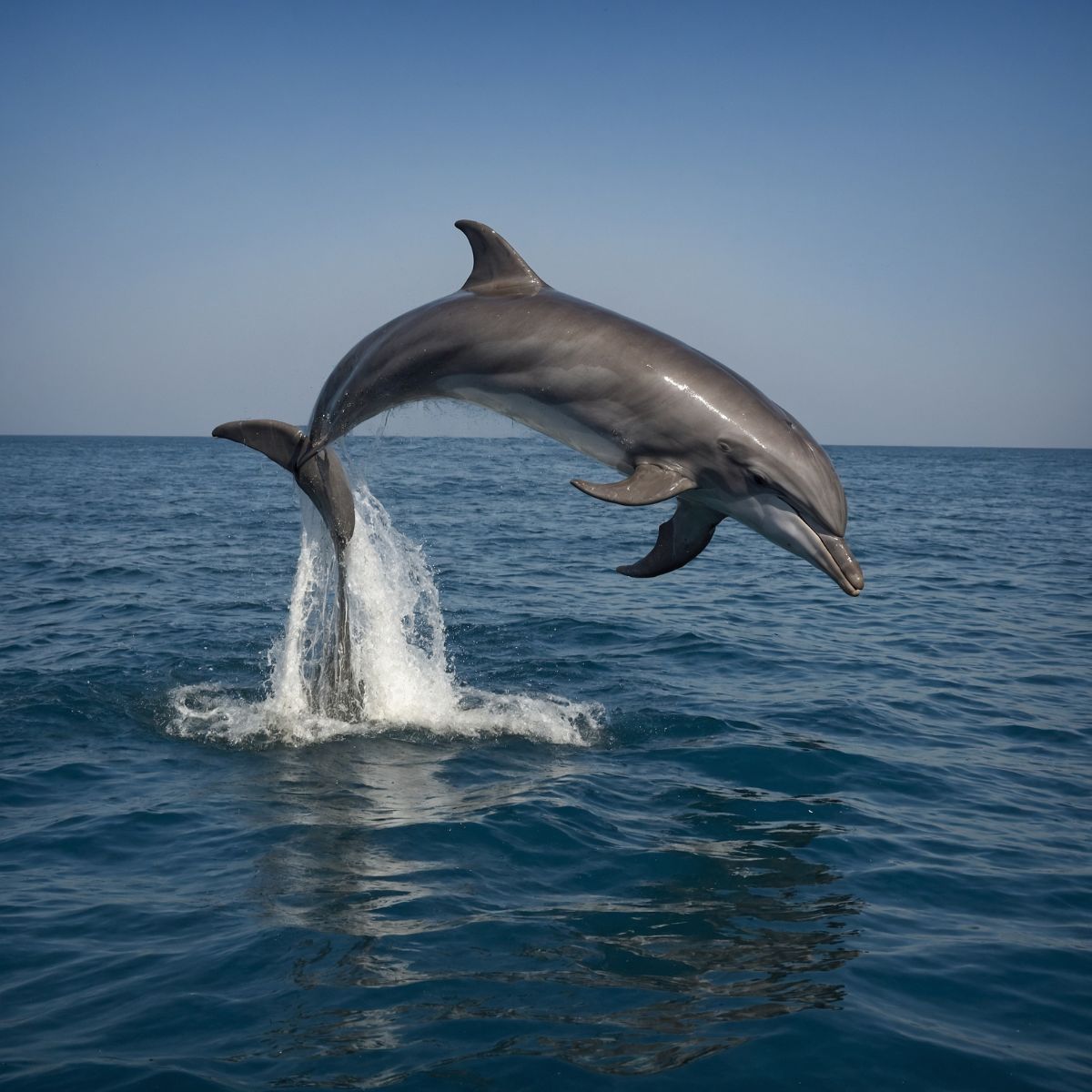
Credit: Shutterstock
Dolphins are highly social and use complex communication, including unique whistles for each individual.
They work together to hunt and demonstrate high intelligence through self-recognition in mirrors and problem-solving skills. Dolphins are also playful and sometimes interact with other species just for fun.
2. Orangutans
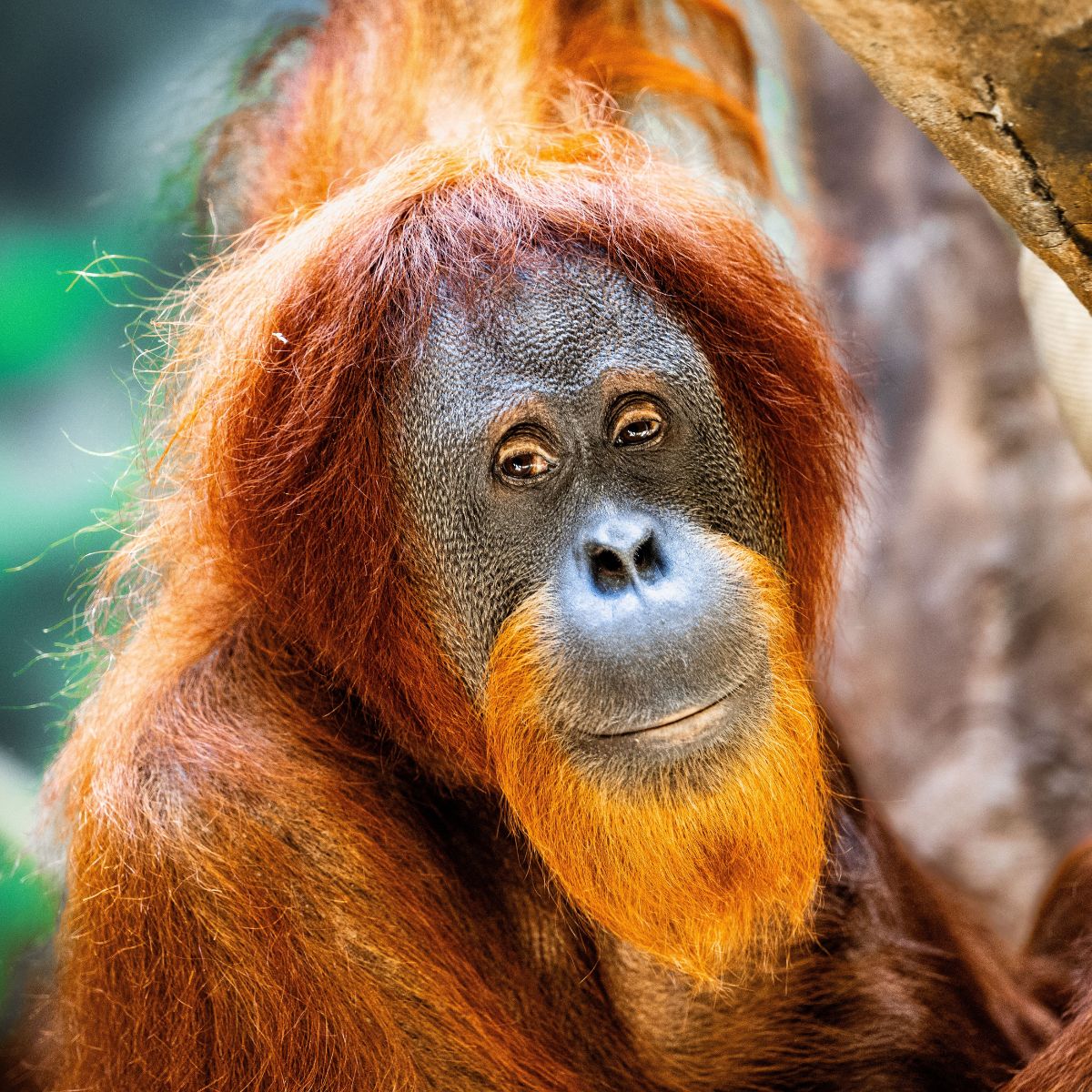
Credit: Shutterstock
Orangutans are highly intelligent apes that learn by observing others, use tools, and display complex social behaviors.
They understand give-and-take situations and can evaluate options in problem-solving. Orangutans are often compared to young children in intelligence, and they also enjoy playful behavior, which shows curiosity.
1. Chimpanzees
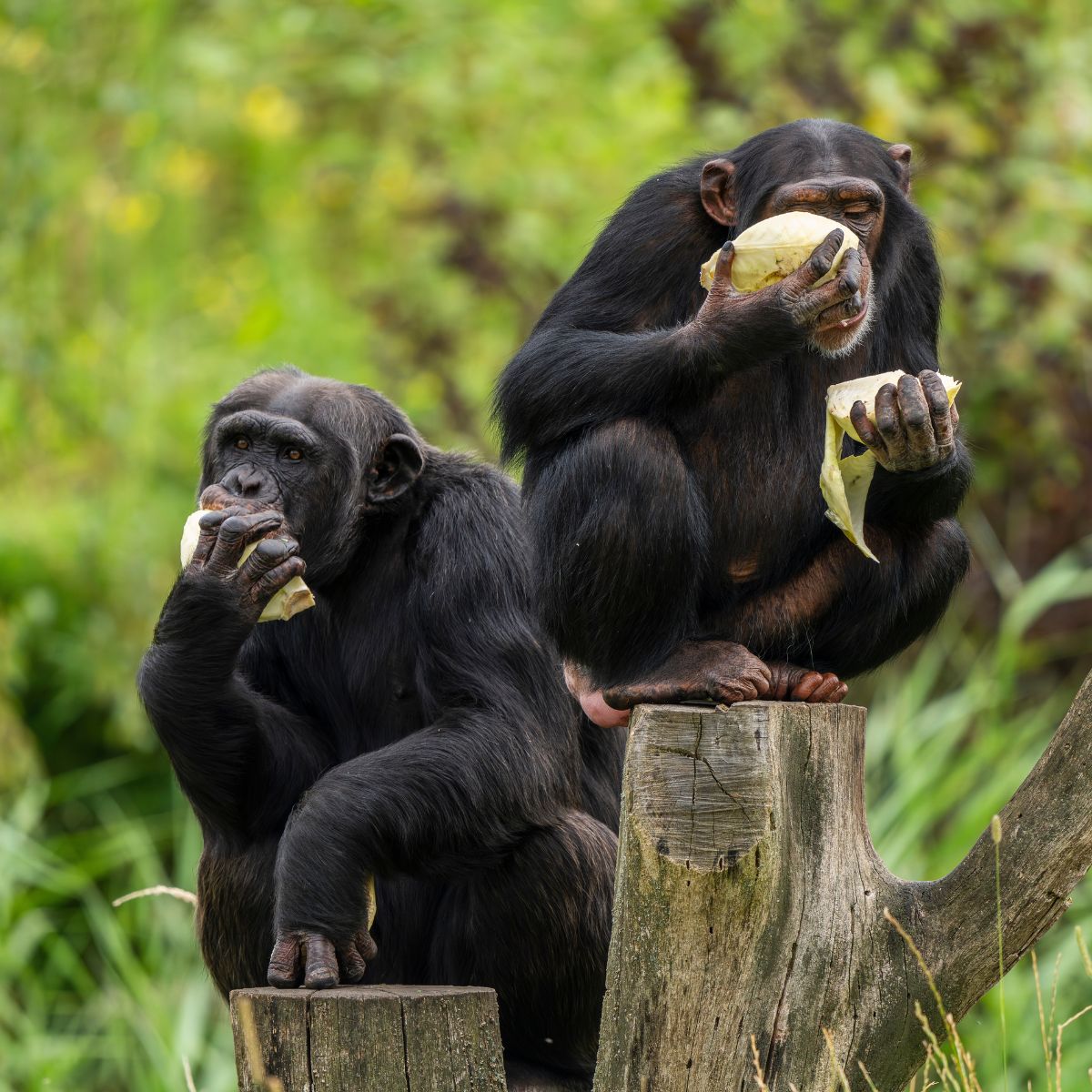
Credit: Shutterstock
Sharing 98% of their DNA with humans, chimpanzees are our closest relatives. They use tools, communicate through gestures, and are skilled problem-solvers.
Chimps can learn sign language, remember sequences, and show social awareness, including empathy and cooperation within groups. Their intelligence is among the closest to human thinking.
These amazing animals remind us that intelligence isn’t solely human – it’s a shared quality that weaves through life across the planet, showing the incredible potential of nature.

